6 Plants You Need in Your Bedroom for Better Sleep
Keep one of these six plants in your bedroom to help you get a good night's rest.
Feb 17, 2017
Poor sleep can be caused by many factors, including stress, too much caffeine, and even late-night cell phone usage (but let’s face it, when else are you going to catch up on your Facebook timeline?). That might be why the National Sleep Foundation found that lack of sleep affects more Americans than ever before — 130 million be exact.
But, believe it or not, some types of plants have been proven to help induce sleep. Here are the six best plants for your bedroom due to their effectiveness at making people feel drowsy.
1. Gardenia
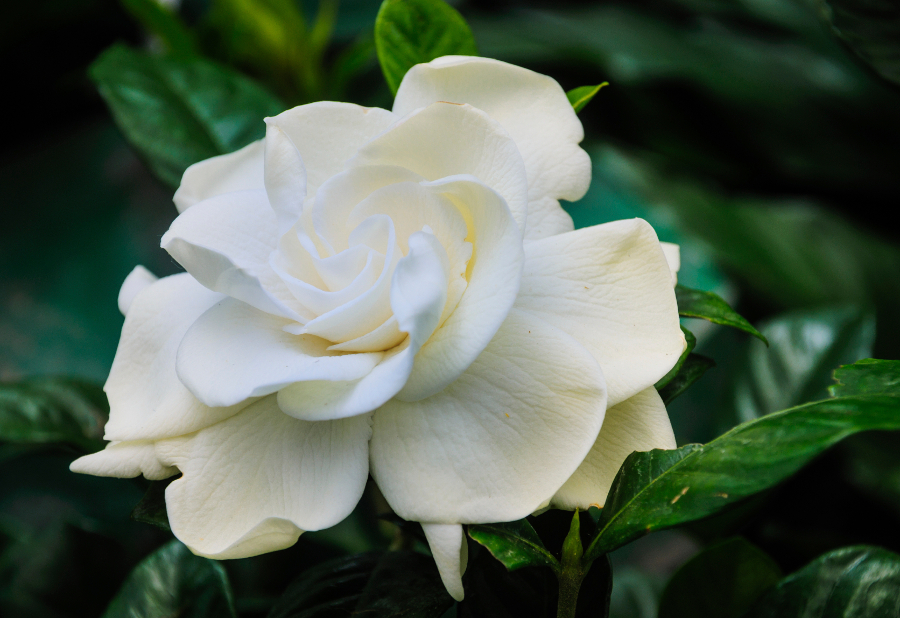
Simply smelling the gardenia flower can leave you feeling tired and groggy. After testing the effects of gardenia on mice, a German study found that these flowers had the same effects as valium on a neurotransmitter in the brain known as GABA. Many people in Europe have even begun supplementing their sleeping pills with gardenias.
2. Jasmine
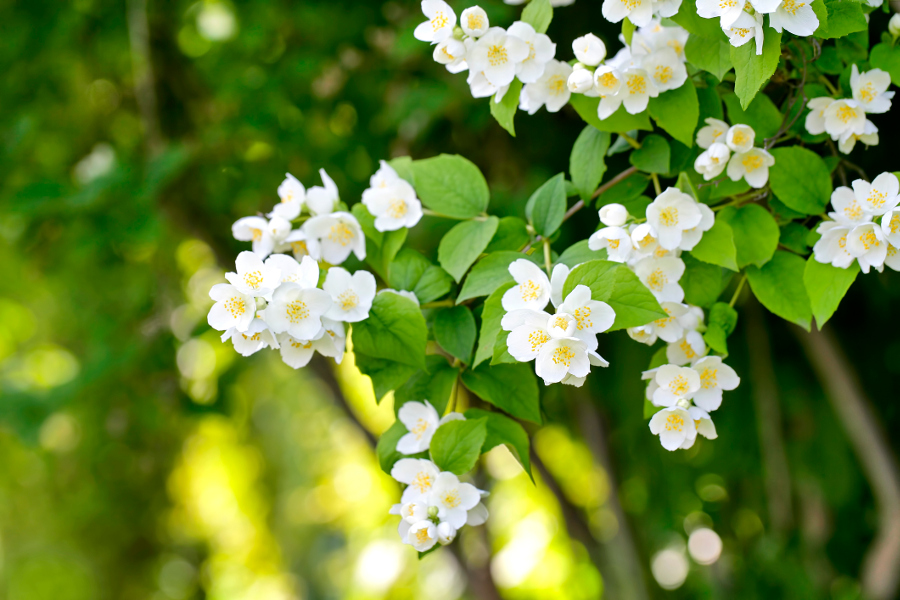
Odors have been found to have a powerful effect on our central nervous system. Jasmine’s aroma has been proven to reduce anxiety, helping you achieve a deeper, more restful sleep. Not to mention, its delicate pink and white flowers make it one of the best plants for your bedroom during the day.
3. Lavender

Lavender's beautiful, natural coloring isn’t the only thing that will leave you feeling calm and relaxed at night. As one of the most popular scents in hand lotions, body mists, and soaps, the smell of lavender can help reduce anxiety by slowing down your heart rate and lowering your blood pressure. Other studies have shown the plant’s scent can decrease rapid-eye movement (REM) sleep and the amount of time it takes to wake up in the morning.
4. Aloe vera
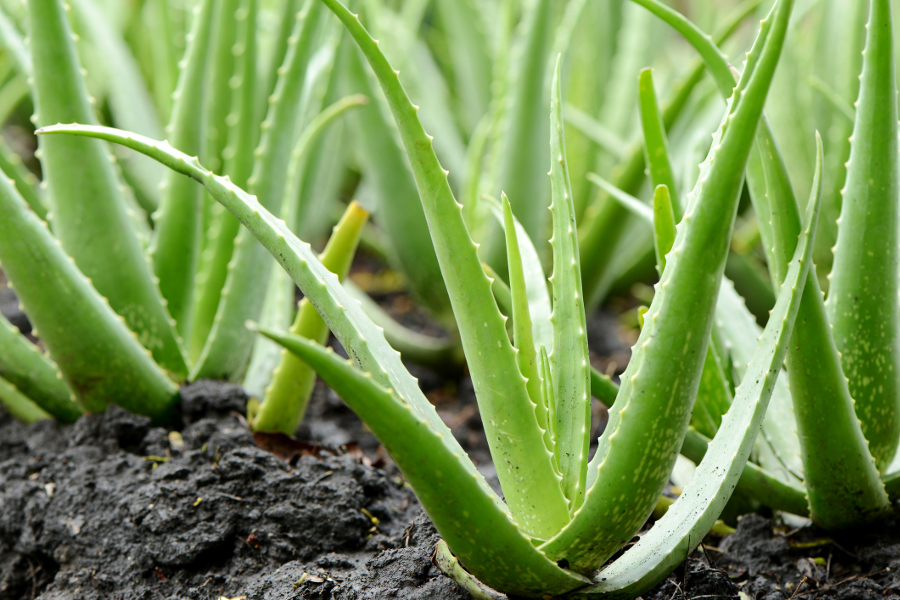
One of the reasons people have a hard time sleeping is because their room is “stuffy” at night. That is especially common in the winter, when houses are closed up for months.
For those who don’t have a green thumb, aloe vera is one of the best plants for your bedroom. This low-maintenance plant emits large amounts of oxygen at night, which can help combat insomnia. It also requires a minimal amount of water and overall care.
5. Peace lily
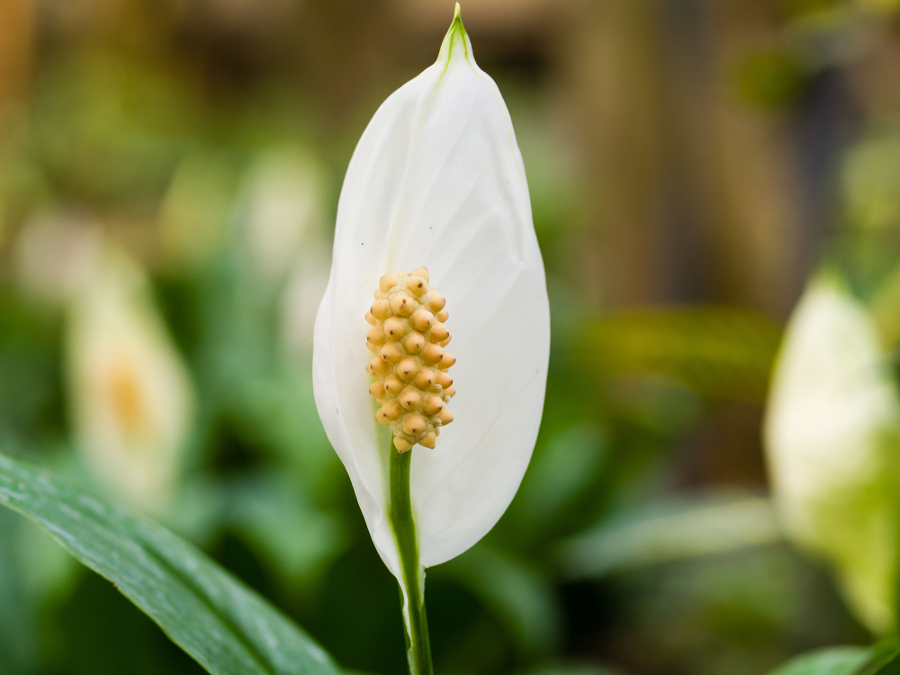
Not only is the peace lily a beautiful addition to any room, but it can help filter out harmful chemicals that are found in common household cleaning products, such as benzene, trichloroethylene, and formaldehyde. This plant is especially useful in the winter, when a home’s humidity can be at a low point. The moisture the leaves of a peace lily give off can improve a room’s humidity levels by as much as 5%, which can reduce the odds of waking up congested, with a sore throat, or suffering from allergies.
6. Snake plant
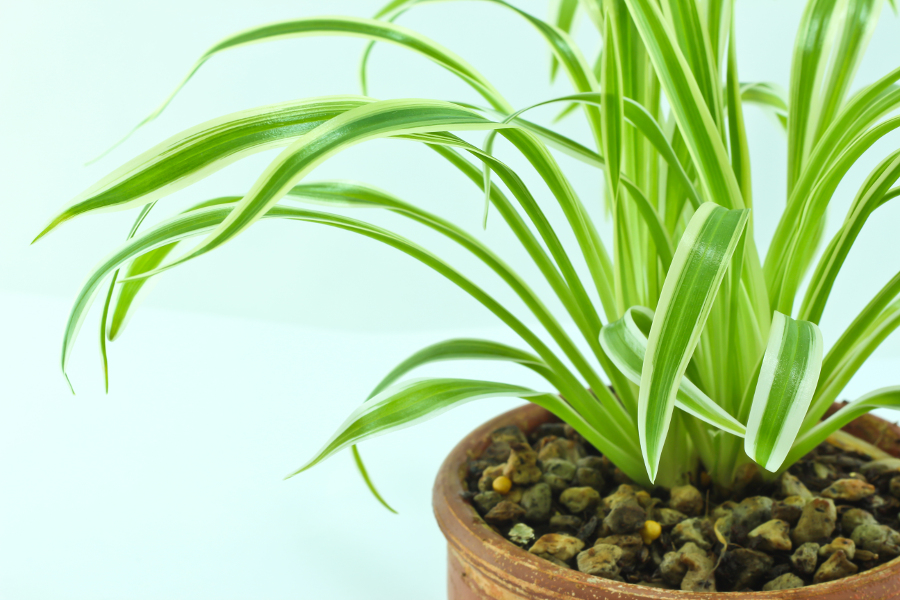
Another plant that is easy to care for and has great health benefits is the snake plant. This plant needs to be watered only twice a week, and also requires very little sunlight, making it perfect for small apartments and alcoves. Best of all, snake plants help rid the air of toxins like formaldehyde, trichloroethylene, and benzene.







